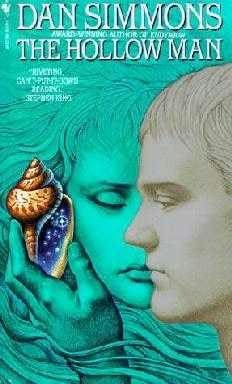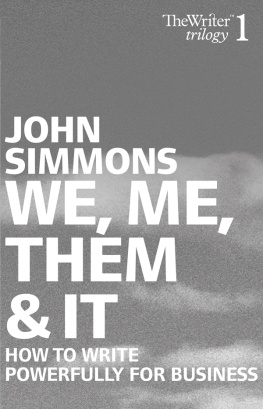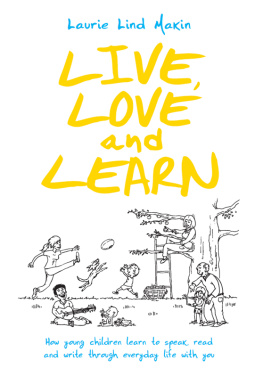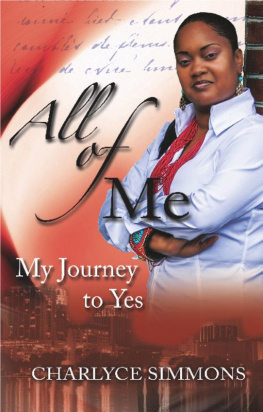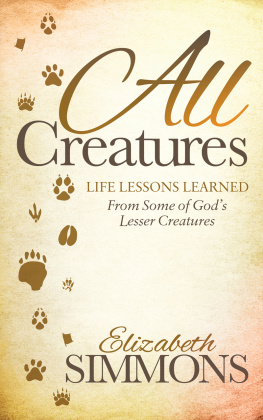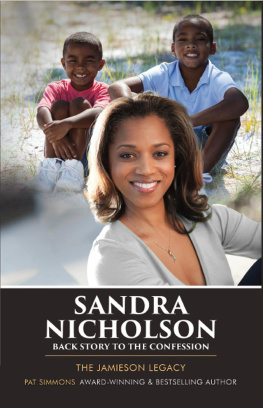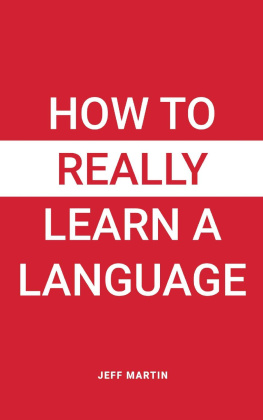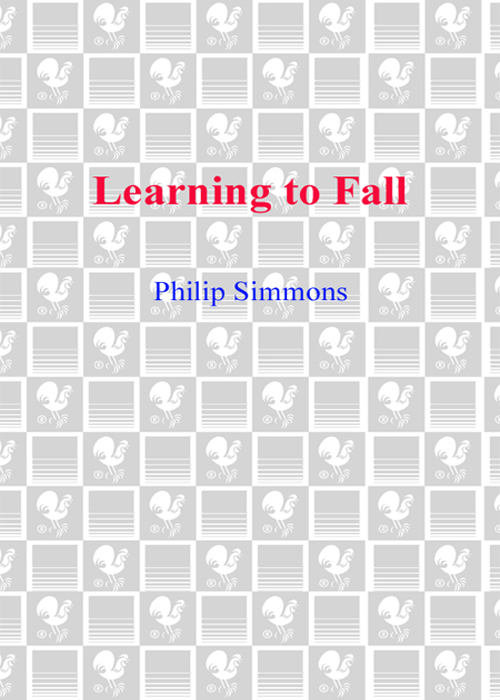
Learning to Fall
The Blessings of an Imperfect Life

Philip Simmons

Bantam Books
New York Toronto London Sydney Auckland
Contents

For Kathryn, Aaron, and Amelia
Foreword

This book is for everyone who has lived long enough to discover that life is both more and less than we hoped for. Weve known Earths pleasures: sunlight on a freshly mowed lawn, leaves trembling with rain, a childs laugh, the sight of a lover stepping from the bath. Weve also seen marriages sour and careers crash, weve seen children lost to illness and accident. But beyond the dualities of feast and famine weve glimpsed something else: the blessings shaken out of an imperfect life like fruit from a blighted tree. Weve known the dark woods, but also the moon. This book is for those ready to embrace this third way, the way through loss to a wholeness, richness, and depth we had never before envisioned.
Were stubborn creatures, and it takes a shock to make us see our lives afresh. In my case the shock was the news, when I was just thirty-five years old, that I had the fatal condition known as ALS, or Lou Gehrigs disease, and would probably be dead within a few years. By nowmore than seven years laterIve outlived those predictions and also the sense that my predicament is so unusual. Life, after all, is a terminal condition. At some point we all confront the fact that each of us, each individual soul is, as the poet William Butler Yeats says, fastened to a dying animal. Were all engaged in the business of dying, whether consciously or not, slowly or not. For me, knowing that my days are numbered has meant the chance to ask with new urgency the sorts of questions most of us avoid: everything from What is my lifes true purpose? to Should I reorganize my closets? What Ive learned from asking them is that a fuller consciousness of my own mortality has been my best guide to being more fully alive.
You will bring your own experiences of loss, whether physical or emotional, to your reading of this book. Youll bring your own versions of happiness, too. Whatever need or curiosity or accident has brought you here, I hope that by reading my stories, youll connect more deeply with your own. Just a few weeks ago, I spoke at a local church here, and though Im not a minister, I did my ministerial duty of greeting people at the church door when the service was over. Two days later, I received a note from a woman about how much my sermon had meant to her. Just as important, she wrote, had been our conversation after the service: When I spoke to you at the door, you said, Praise God, which I believe you meant not as an exclamation but as a directive. I will. Funny thing is, I never said, Praise God. Its not the sort of thing I would say. But apparently its what she needed to hear. Ive learned from years of teaching college students, and from reading my writings to dozens of audiences, that people will take away from my performances whatever they most need or are most ready to receive. Often the effect has little to do with what I consciously intended. This is a humbling lesson for a teacher with a certain perspective to impart, or for a writer, whose business, after all, is controlling the responses of his or her readers.
People bring their own contexts, their particular needs and gifts and sensibilities, to the work of learning to live richly in the face of losswork that I call learning to fall. Im not in the business of issuing directives, offering tips, imposing lists of spiritual dos and donts, or providing neat, comforting formulas. For one thing, tips and formulas take us only so far. We often deal with loss, for example, by reminding ourselves of what we still have. The man who loses his wife suddenly to cancer at age fifty is told by his friends, You have your health, your children, your work. Such consolations help, and I have needed them often enough myself. I cant hike the high mountain ridges anymore, I tell myself, but I can take my wheelchair out on a mountain road and smell the balsam fir. Its all a matter of perspective, we like to say. (What does the snail say when riding on the turtles back? Whee!) But Ive learned the hard way that too often the comfort provided by such thoughts resembles the brief high I get from eating chocolate; soon after, I plunge into irritability and depression. The approach Ive found more helpful is also more difficult. It is born out of a paradox: that we deal most fruitfully with loss by accepting the fact that we will one day lose everything. When we learn to fall, we learn that only by letting go our grip on all that we ordinarily find most preciousour achievements, our plans, our loved ones, our very selvescan we find, ultimately, the most profound freedom. In the act of letting go of our lives, we return more fully to them. This is my books central theme. Each essay here takes it up from a different angle and provides another lesson in the art of falling.
But I should add that when I use the word lesson, I dont mean to suggest you should read this book for techniques or knowledge or, worse, information. Techniques and information are good for solving problems and fixing things, but again, thats not what Im up to here. As I see it, we know were truly grown up when we stop trying to fix people. About all we can really do for people is love them and treat them with kindness. That goes for ourselves, too. That goes for ourselves especially. Ive given up on self-improvement. (Ive also decided I no longer have to floss.) Fact is, my character is pretty much set, and even if I were in perfect health, I would have to accept the following truths: my desk will always be messy; I will never stop being bothered by other peoples errors of grammar; I dont find badly done childrens school concerts cute; I pick my nose; I notice beautiful women; I cant stand laziness, whether physical, moral, or intellectual; I cry during sappy father-and-son moments in movies; I will drop almost anything to watch my daughter comb her hair. For better or worse, these things are beyond fixing. Accepting ourselves means accepting the whole package, the whole sour and sweet, lovely and larcenous mess that we are.
So, too, with accepting the world, with its madness and mayhem but also its music. Right now with my weakened arms I can barely lift a tissue to blow my nose. But I can sit with my son as he identifies the Broad-winged Hawk circling over our field. This is a world I choose to remain in. We must understand what we can, and learn to dwell richly in the mystery of what we cannot. Certainly much in the world needs fixing, and theres much about the behavior of others we would like to change. But before we go fixing others, we must first accept and find compassion for ourselves. Doing so, we may begin to find that others dont need fixing so much as simple kindness. When we stop seeing the world as a problem to be solved, when instead we open our hearts to the mystery of our common suffering, we may find ourselves where we least expected to be: in a world transformed by love. If thats a directive, so be it. Reading this book, you may learn something about Buddhist philosophy or Wallace Stevenss poetry or the behavior of snapping turtles. But if my writings bring you to greater compassion for yourself and others, they will have done their work.
Next page

